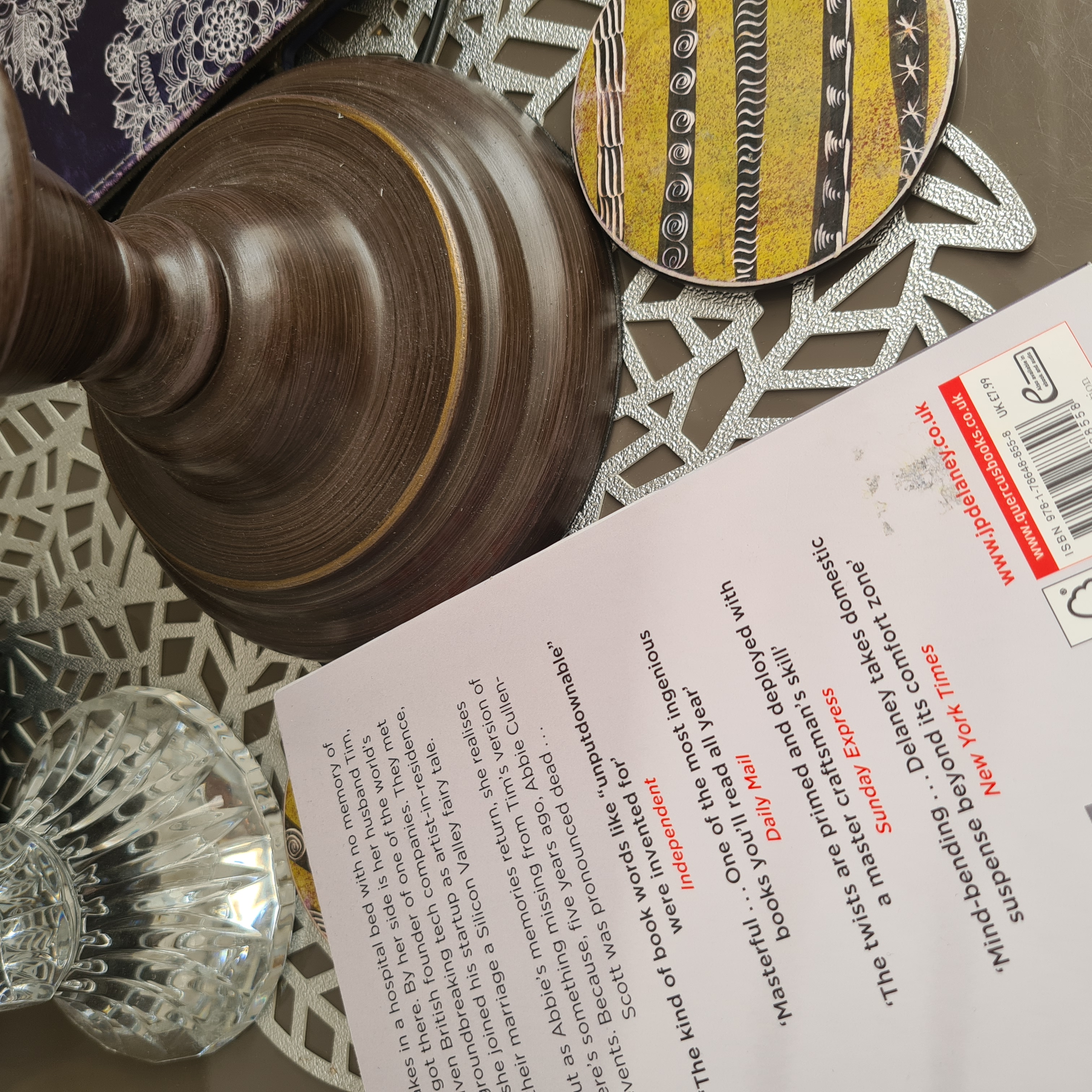Sunday Annoyance: Blurbs That Mislead And Confuse
There used to be a time, that you bought a book based on its blurb. Blurbs are what is usually on the back cover of a paperback or on the inside flap of a hardcover. It summarizes the contents of that book without giving too much away. At the same time, it builds up interest in the book, making people want to buy it.
For most people, buying a book does not require much research and analysis. There are two types of buying behaviors:
- When you know exactly what you want based on recommendations/ reviews by people you trust; or you have specific requirements eg. studies and research etc.
- When you make book buying decisions on the spur-of-the-moment. This may be because of many factors, like attractive book covers, prominent display or most often, blurbs of the books.
For serious (and serial) book buyers, the contents of a book matter the most; and the best way to make a guess about these contents is to read the summary at the back. Lately, this has become a very difficult thing to do.
As the race to reach the various best seller lists is becoming harder, many publishing houses are coming up with new ways to market books and make them more attractive for the consumers. The most common tactic seems to be endorsements from other more famous authors, or popular reviewers.
This wasn’t too bad when it was restricted to a single page inside the cover, or if the reviewer was really famous, somewhere on the front or back cover of the book. Now, all you find on the back cover are proclamations by other people or newspapers about how exciting this new book is. You open the book, and there are 2 more pages of the same!
First of all, I cannot believe how all these famous authors have the time to read all this new work. And if they do, then how can they gush about it in such a fake way? What this is actually doing is making readers question the integrity of well-known authors and well-established newspapers. The fact is that nobody cares what Stephen King or Lee Child or Daily Mail think of this book; it doesn’t really matter what bestselling list it has managed to climb. What is important is that a reader wants to know what the book is about. And these marketing gimmicks are taking away a reader’s right to make up their own mind.
How is it possible that publishing houses don’t realize that 2 or 3 pages of endorsements are less likely to sell the book, than interesting and seductive blurbs? It is nice to see that a famous author enjoyed the book, but it is also nice to feel like your choices are your own. I wish marketing departments realize that selling a book is not like selling other commodities on TV. There needs to be a limit to stop feeding egos of the writers and start thinking about actual readers.

